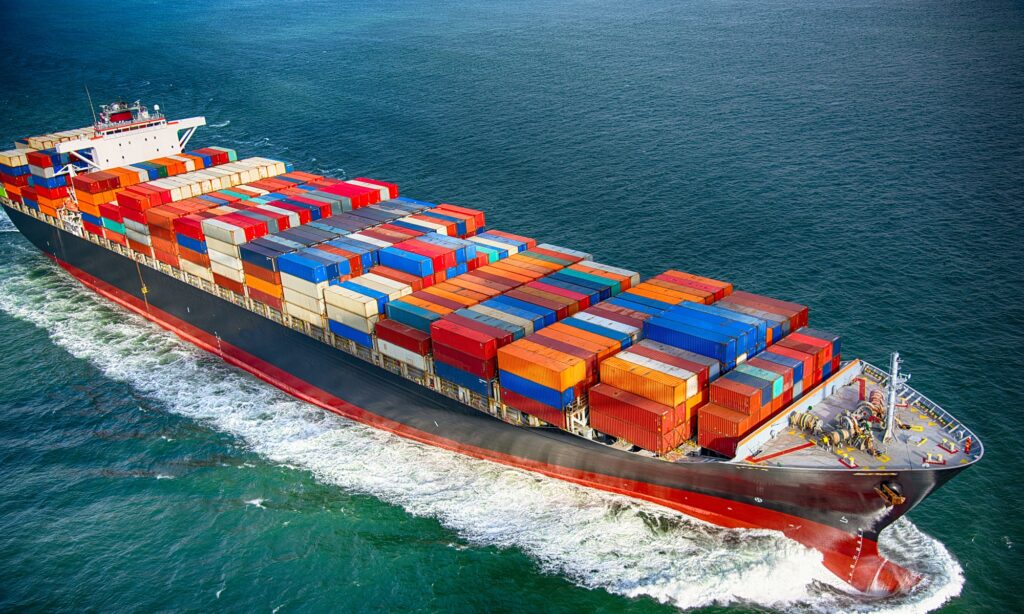China saw sustained improvement in its exports and imports in July supported by recovering demand at home and abroad, despite lingering external risks, signaling an overall stable trade in the second half of the year, exports said on Friday.
However, even as China’s trade with major trading partners like the ASEAN and the EU were improving, export and import with the US continued to drop, amid an unabating COVID-19 outbreak in the US and deteriorating China-US bilateral relations.
China’s foreign trade reached 2.93 trillion yuan ($420.3 billion) in July, up 6.5 percent year-on-year, according to statistics released on Friday by the General Administration of Customs (GAC). Exports totaled 1.69 trillion yuan, up 10.4 percent, and imports totaled 1.24 trillion yuan, up 1.6 percent. The trade surplus was 442.23 billion yuan, up 45.9 percent, the GAC said.
Analysts noted that overall foreign trade is expected to remain stable in the second half of the year, and that the biggest uncertainty is external demand, though it currently remains basically stable and shows a positive trend.
“Exports and imports performed well in July and have been better than expected since the second quarter. The resumption of work and production in China is progressing, and domestic production is accelerating. The coronavirus situation [in some overseas markets] are under control, which is conducive to the recovery of external demand,” Liu Xuezhi, a macroeconomics expert at the Bank of Communications, told the Global Times on Friday.
The gradual improvement of domestic demand will drive import demand, which is expected to maintain positive growth in the second half, said Liu.
Total foreign trade in the first seven months was 17.16 trillion yuan, down 1.7 percent from the previous year. The trade surplus, 442.2 billion yuan, increased 8.1 percent year-on-year.
“The first seven months saw a slight yearly decline, but the trade surplus increased, showing the policy of stabilizing foreign trade this year has been effective,” Hu Qimu, a senior fellow at the Sinosteel Economic Research Institute, told the Global Times on Friday.
China’s foreign trade with ASEAN, the EU and Japan increased from January to July, while trade with the US declined. ASEAN, the EU and the US are China’s top three trading partners.
ASEAN remained China’s biggest trading partner, with a trade value of 2.51 trillion yuan in the first seven months, up 6.6 percent year-on-year and accounting for 14.6 percent of China’s total foreign trade. China’s trade surplus with ASEAN stood at 288.1 billion yuan, down 2.1 percent from a year earlier.
The total value of China’s trade with the EU was 2.41 trillion yuan, up 0.1 percent and accounting for 14 percent of China’s total foreign trade.
China-US trade sank 3.3 percent to 2.03 trillion yuan, an 11.8 percent share of China’s foreign trade.
“The regional structure of our foreign trade has been adjusted. Increases in trade with ASEAN, the EU and Japan partly offset the decrease in trade with the US,” said Hu.
If the COVID-19 pandemic is effectively controlled by the end of the year and the global economic recovery gradually advances, it is expected that China’s exports will maintain low growth in the second half of the year, Liu noted.
Photo:VCG


